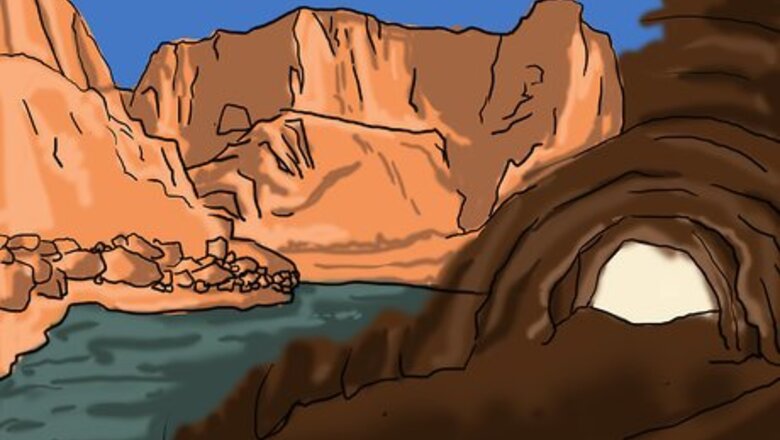
views
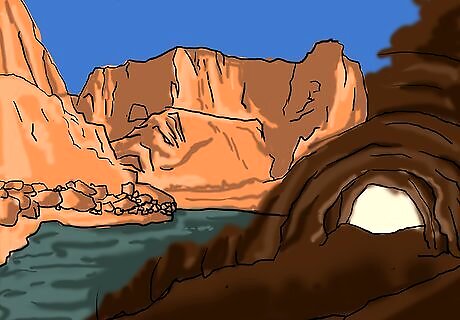
Decide where you want your myth to be set. Location is the best place to start. If your myth is set on a different planet or place, try reading about real cultures and ways of life in areas similar to where you want your myth to be set. Write down three main locations, and what life around those places might be like.
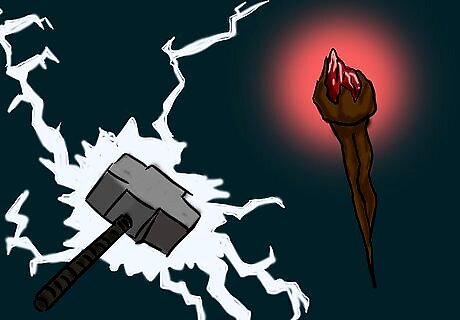
Start to create your characters. Most myths contain Gods and Goddesses, so try to read around other Gods and Goddesses you are interested in. Use traits or parts of their myths to build your own. For example, Thor, the Viking God of War and Lightning, had a hammer he used to create thunder. Your God/ess could have a similar instrument for creating a problem in your story. Most myths answer a question, such as 'Why does it rain?' or 'How did the world begin?'. Be inventive and stick to your cultural or historical setting.
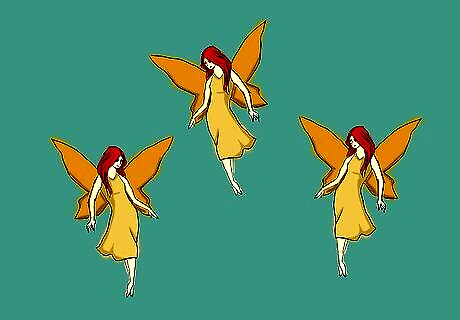
Understand the conventions of myths in the culture you are created; most are passed down orally 'by speech' and this means they have features of speech, such as repetition 'Fee, Fi, Fo Fum...' or the rule of three; 'three fairies' or 'three boxes'. Use this within your own myth to create the structure. Don't worry if it isn't perfect, or is totally different, there are always exclusions to the rule.
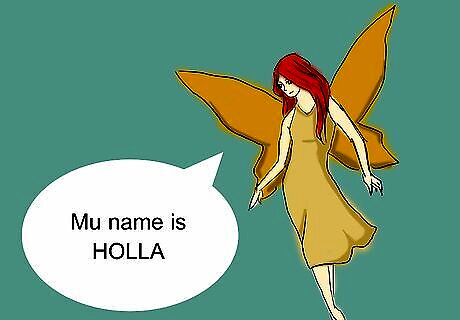
Come up with appropriate names. Naming your characters and settings can be done earlier, but unless it is vital to your story, don't feel blocked if you can't work them out immediately. Try to make the names fit with the culture you are creating; a neolithic war god called 'Trevor' may not be the best name to keep the readers engaged with the story. Try to make them pronounceable if possible, especially if it will be read aloud. Look at local names or languages to the area you are trying to imitate.
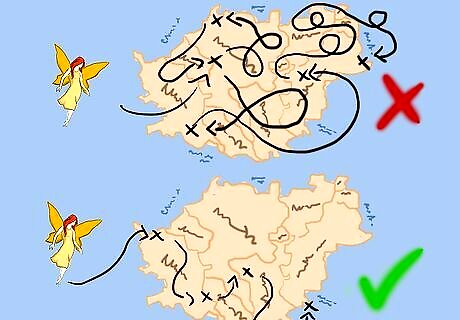
Don't make it overly complicated, at least initially. Many stories are very simple and short, and can be formed in about a paragraph. However, others may be longer, such as the Saga Beowulf. If your work is longer, try to plan it using the previous steps as much as possible, so it can meet it's final ending.
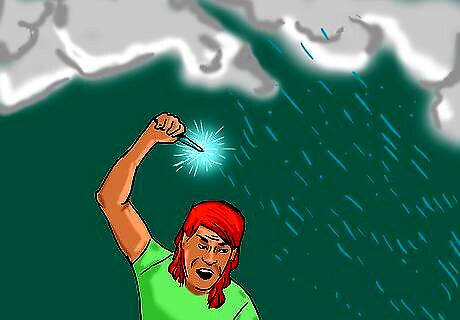
End your story with a solution to the question or problem, such as 'And that is how The God (BLANK) Created Rain.' If your story/myth ends sadly, such as with the death of the main character, such as in Oedipus, remember to include a reason for their death. Everything that happens in a myth is always relevant to the story, as they are usually spoken with little room for much else. You will need to include a message or moral about fate, greed or something to do with human nature, as this is a very common factor in most myths. Good luck!











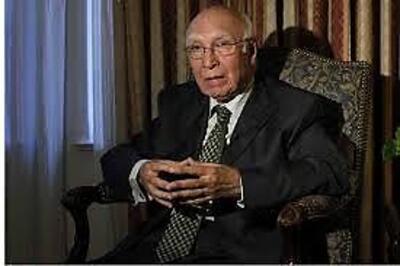








Comments
0 comment